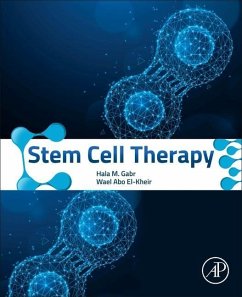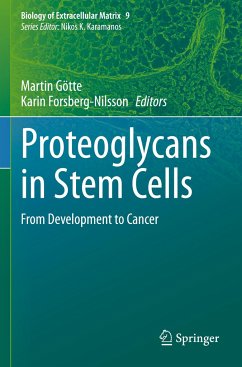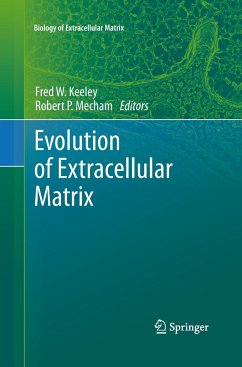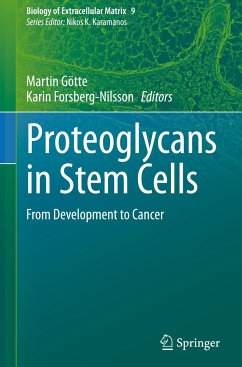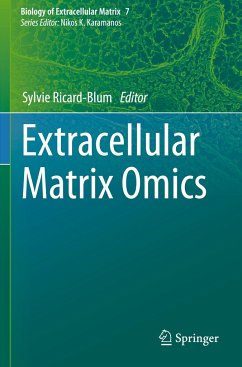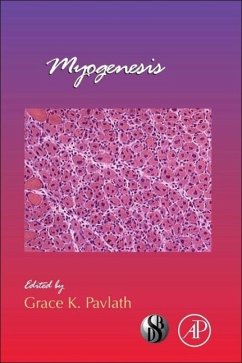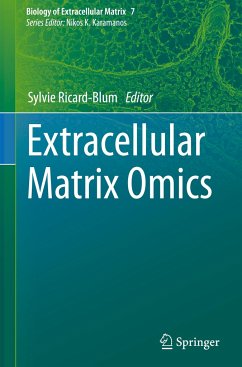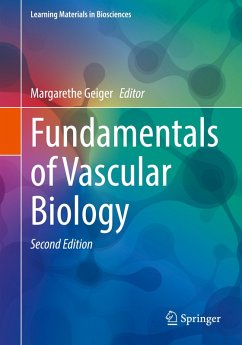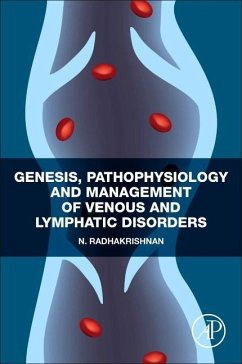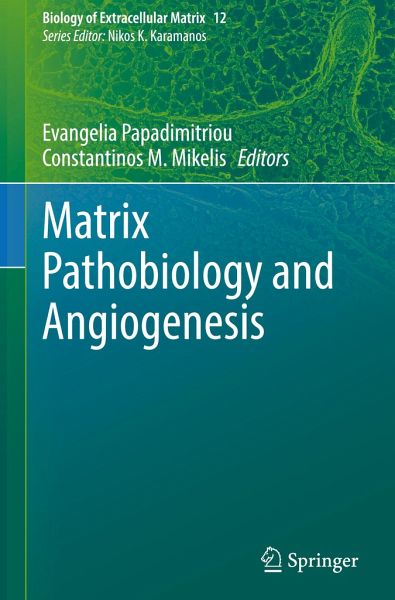
Matrix Pathobiology and Angiogenesis

PAYBACK Punkte
68 °P sammeln!
In the vasculature, the extracellular matrix (ECM) is involved in the regulation of angiogenesis, vascular mechanosensing, and blood vessel stability.This book aims to provide the reader with an overview of the various roles of the ECM during angiogenesis and covers its important role for the maintenance of vascular integrity, capillary and arterial morphogenesis, as well as lymphangiogenesis. Furthermore, aspects of regulation of endothelial cell and pericyte functions by the ECM under physiological and pathological conditions are discussed. In addition, the reader will learn more about diffe...
In the vasculature, the extracellular matrix (ECM) is involved in the regulation of angiogenesis, vascular mechanosensing, and blood vessel stability.
This book aims to provide the reader with an overview of the various roles of the ECM during angiogenesis and covers its important role for the maintenance of vascular integrity, capillary and arterial morphogenesis, as well as lymphangiogenesis. Furthermore, aspects of regulation of endothelial cell and pericyte functions by the ECM under physiological and pathological conditions are discussed. In addition, the reader will learn more about different approaches to exploit ECM molecules for designing therapeutic approaches or as biomarkers to improve therapeutic decisions.
Comprehensive and cutting-edge, Matrix Pathobiology and Angiogenesis is a valuable resource for experienced researchers and early career scientist alike, who are interested in in learning more about this exciting and developing field.
The series Biology of Extracellular Matrix is published in collaboration with the American Society for Matrix Biology and the International Society for Matrix Biology.
This book aims to provide the reader with an overview of the various roles of the ECM during angiogenesis and covers its important role for the maintenance of vascular integrity, capillary and arterial morphogenesis, as well as lymphangiogenesis. Furthermore, aspects of regulation of endothelial cell and pericyte functions by the ECM under physiological and pathological conditions are discussed. In addition, the reader will learn more about different approaches to exploit ECM molecules for designing therapeutic approaches or as biomarkers to improve therapeutic decisions.
Comprehensive and cutting-edge, Matrix Pathobiology and Angiogenesis is a valuable resource for experienced researchers and early career scientist alike, who are interested in in learning more about this exciting and developing field.
The series Biology of Extracellular Matrix is published in collaboration with the American Society for Matrix Biology and the International Society for Matrix Biology.






